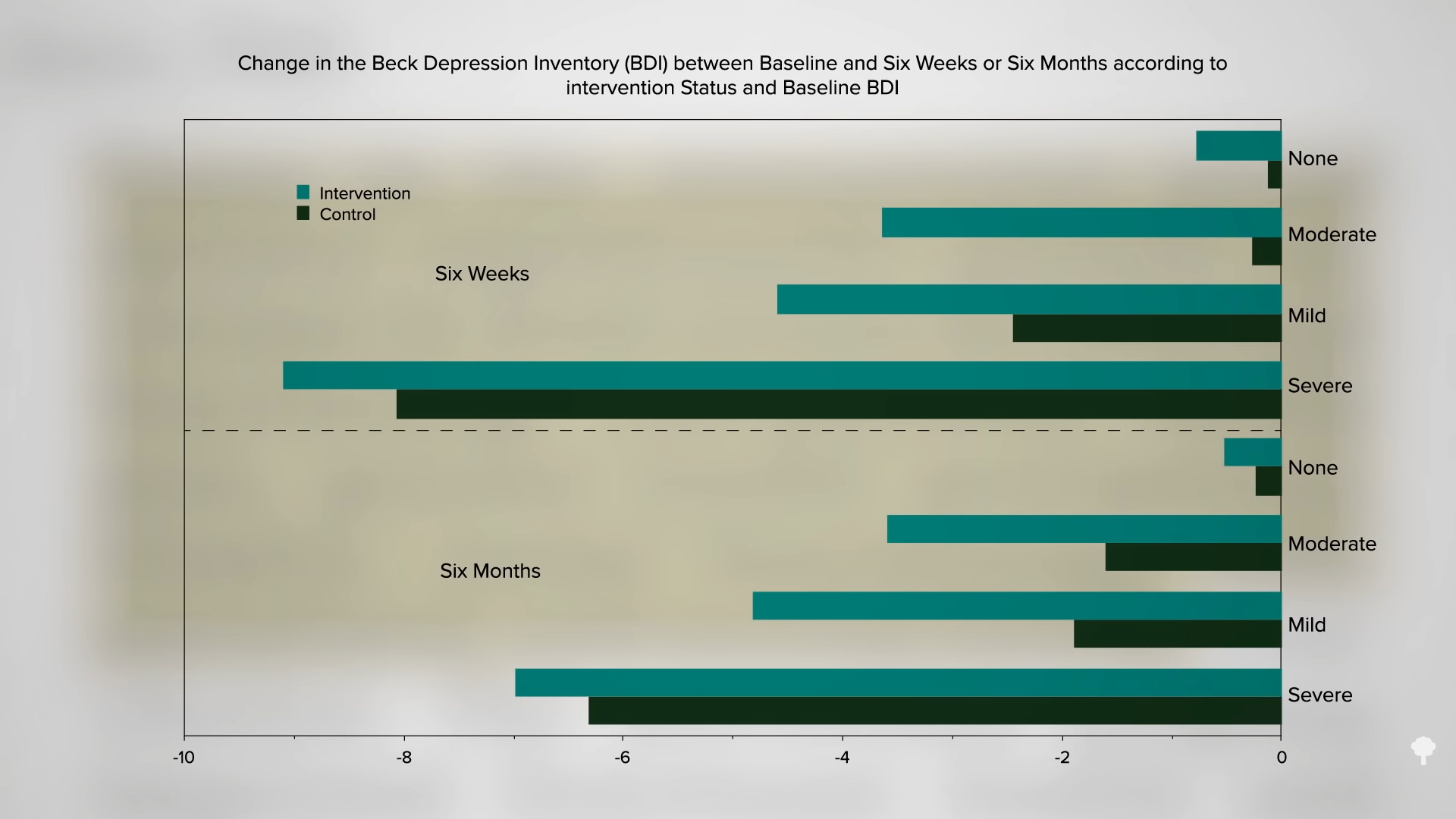Learn about this community-based education program informing physicians and patients alike about the power of nutrition as medicine.
“The best kept secret in medicine is that, given the right milieu”—the right conditions—“the body heals itself, and “[w]hen it comes to cardiovascular disease, there is no substitute for nutritional excellence.” We know about Ornish, Pritikin, Barnard, Esselstyn—all the great names in evidence-based nutrition—but how many have heard about the CHIP program, the Coronary Health Improvement Project, a volunteer-run community-based education program? “More so than any clinical trial, educating physicians and patients alike about the power of nutrition as medicine is the best investment we can make in the fight against heart disease.” More effective, cheaper, and safer. What are the side effects? Improved overall health—and not just physical health, as I discuss in my video CHIP: The Complete Health Improvement Program.
“Lifestyle change programs such as CHIP aimed at improving physical health behaviors can likewise have a profound effect on mental health.” Studies of thousands of individuals who went through CHIP (now called Pivio) have shown there were significant improvements in a number of “sleep or stress disorders,” such as sleeping restlessly, not sleeping at all, or feeling stress, upset, fear, or depression. Most of the numbers were cut in half, and all were highly significant findings, as you can see below and at 1:16 in my video. The question is, why?

“The psychological well-being of the CHIP participants might have been positively affected by increased feelings of empowerment, making strides toward reducing their body weight, and improving other health indicators.” As they started eating better and making strides, “participants’ sense of despair, failure, and possibly social isolation may be replaced with a growing sense of accomplishment, increased social support and a new sense of hope.” Or, they just may have been feeling better physically. If your diabetes goes away, for example, that’s reason enough to perk you up.
Although these before-and-after results looked great, what was missing? A control group. Didn’t each participant act as their own control, though, before and after? You may think that, but then you’d be forgetting about the Hawthorne effect, which tells us that just being in a study under observation can affect people’s behavior. For example, if you’re put on a scale and weighed, and then told you’ll be weighed again in six months, you may consciously—or unconsciously—just eat better on your own, even if you aren’t told to do anything special. That behavior is so common it has its own name. So, how many of these improvements would have happened without CHIP?
It’s great that you can take a thousand people and “markedly reduce their risk factor profiles” for our leading killer in just four weeks, but to know exactly what role healthy eating and lifestyle advice can play, you need to put it to the test and perform randomized controlled trials.
When just such a study was performed, as expected, there were small improvements even in the control group, but “[f]or almost all variables, the [CHIP] intervention group showed significantly greater improvements,” so much so that it had “the potential to dramatically reduce the risks associated with common chronic diseases in the long term.” Ironically, CHIP was so successful in Rockford, Illinois, that dozens of area restaurants started offering special plant-based menu options. So, the control group might have been sneaking in some healthier meals, too.
What about the mental health improvements? In a randomized controlled trial, those in the CHIP group showed significantly greater improvements not just in physical functioning, pain, and general health perceptions, but also vitality, social functioning, and emotional and mental health. For example, as you can see below and at 3:45 in my video, there were significant improvements, particularly in mild to moderate depression, compared with the control group—and not only right after the program ended, but six months later.

The CHIP acronym started out as the Coronary Health Improvement Project, but as study after study “showed the efficacy of the intervention in addressing other chronic diseases, such as type 2 diabetes mellitus and even depression, it was renamed the Complete Health Improvement Program.”
As Hans Diehl, founder of CHIP, explained, “As a society, I think we are largely at the mercy of powerful and manipulative marketing forces that basically tell us what to eat…Everywhere we look, we’re being seduced to the ‘good life’ as marketers define it”…[but] this so-called ‘good life’ has produced in this country an avalanche of morbidity and mortality”—disease and death. “What I would like to see in America is not this ‘good life,’ but the ‘best life.’ The best life is a simpler lifestyle—one characterized by eating more whole foods, foods-as-grown…”
